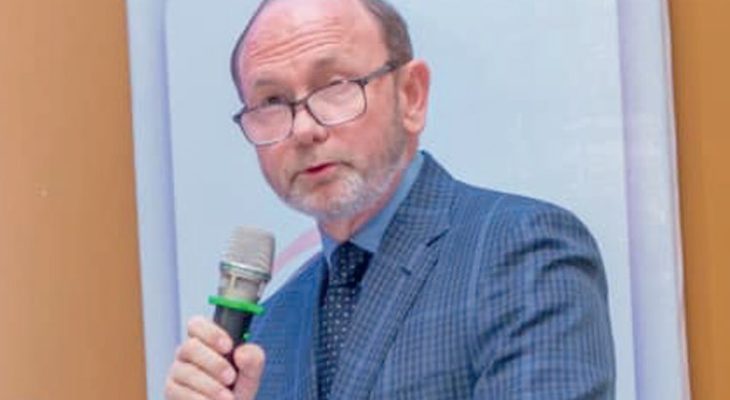
Catalyzing Malawi’s Economic Surge: Igniting Growth and Opportunity
Key Business Points
- Malawi’s economic development has been slow, with GDP per capita growing from $197 in 1965 to $394 in 2021, averaging under 1.5 percent growth per year, highlighting the need for accelerated economic growth to improve living standards.
- The country faces significant macroeconomic challenges, including a high fiscal deficit, elevated inflation, and a parallel forex premium exceeding 100 percent, which hinder business growth and investment.
- Diversification and regional trade can help unlock new markets for Malawian products, with opportunities arising from the African Continental Free Trade Area, which can boost exports and stimulate economic growth.
Malawi’s economic development has been slow, with GDP per capita growing from $197 in 1965 to $394 in 2021, averaging under 1.5 percent growth per year. According to World Bank country manager Faras Raad, this slow growth has resulted in modest improvements in living standards, with over 75 percent of the population living under the international poverty line of $3 (about K5 000) per day. The country has experienced periods of high growth, but significant setbacks, including climate shocks, have taken a toll, causing damages of roughly 1.5 to 2.7 percent of GDP.
The current macroeconomic challenges facing Malawi are significant, with per capita growth in 2024 being negative for a fourth consecutive year, a high fiscal deficit, elevated inflation, and a parallel forex premium exceeding 100 percent. Official forex reserves are also at about two weeks of import cover, limiting the country’s ability to respond to economic shocks. The World Bank is hoping for the reform agenda to pick up following the election, with a focus on restoring macroeconomic stability.
Economists say that a higher GDP per capita is generally associated with a higher standard of living, and Malawi’s economic growth has averaged 2.2 percent, far below the recommended 10.6 percent required to grow the economy to a lower middle-income status by 2030. Scotland-based Malawian economist Velli Nyirongo attributes the country’s stagnation to internal structural and governance issues, as well as global economic shifts and trade dynamics.
However, there are opportunities for growth, with regional trade blocs such as the African Continental Free Trade Area providing a platform for Malawian products to access new markets. Leveraging these opportunities can help unlock new markets and stimulate economic growth. As the Minister of Finance and Economic Affairs Simplex Chithyola Banda noted, the new National Social Protection Policy is a key step in shifting the country’s response to poverty and vulnerability, with a focus on building resilience and promoting inclusive development.
The new policy introduces a coordinated, lifecycle-based approach, tied closely to broader national and continental goals, including Malawi 2063 and the United Nations Sustainable Development Goals. This long-term approach can help address the root causes of poverty and inequality, and provide a framework for sustainable economic growth. As Malawian entrepreneurs and business owners, it is essential to seize these opportunities and work towards building a more resilient and inclusive economy. With the right policies and strategies in place, Malawi can unlock its full potential and achieve sustainable economic growth, creating a better future for all citizens, and promoting uzalezio wa mfundo (economic empowerment) and kukula kwa chipani (business growth).
What are your thoughts on this business development? Share your insights and remember to follow us on Facebook and Twitter for the latest Malawi business news and opportunities. Visit us daily for comprehensive coverage of Malawi’s business landscape.
- Malawi’s K1.2tn Gold Smuggling Scourge: A Threat to Business Growth and Economic Stability - February 1, 2026
- Revitalizing Malawi’s Economy: Lower Food Prices Signal New Growth Opportunities - January 31, 2026
- Revitalizing Malawi’s Economy: Tackling Climate Related Underfunding for Sustainable Growth - January 30, 2026
